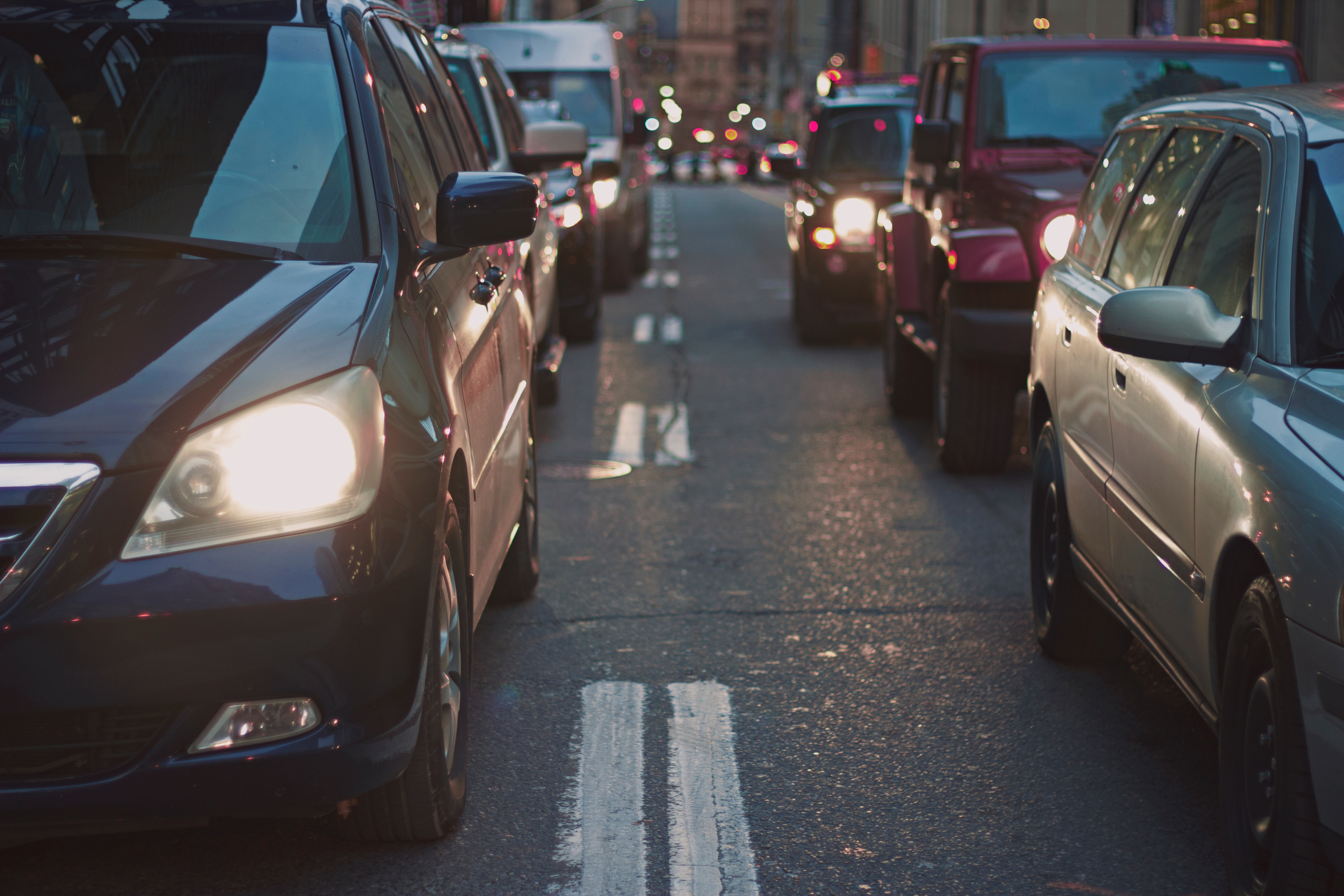About ten years ago, one of my colleagues made a joke about the left-hand index finger being the most frequently used implement for eating food. He was referring to pulling up to a drive-through, lowering the car window, placing an order and then consuming that food while driving. Mindless eating. Then there’s the competitive eating “industry.” Indeed, there is a Major League Eating organization that promotes competitive eating. This translates to competitors shoveling as much food as possible in their mouths during a timed period. Both of these examples suggest that for some, food is something you do on the way to something else. That foods’ impact on the body is immaterial. These two examples beg the question: is the food we’re eating creating a traffic jam in our body?
Food is how you operate
The chip in your Smartphone acts as the phone’s information switchboard and brain, directing how your device works including its display and video for example. Each of us has experienced the frustration of a malfunctioning Smartphone and scramble to find the fix. Biochemistry is the equivalent of your smartphone’s chip. It’s the internal digital circuitry that drives how we humans operate and it requires food.
Biochemical circuitry looks like this:
Biochemical pathways are systems that interlink with each other. Think of them like gears. Gears are wheels with teeth on their perimeter. When one gear turns, its teeth fit together with a neighboring gear, enabling both gears to turn. Food is at the heart of how these gears turn.

Have you ever ridden a bike and the gears get stuck? Sometimes you can’t change the gears, or worse still, the chain falls off. You grind to a halt. When your equivalent biochemical gears get stuck, important biochemical information does not transfer from one system (or gear) to another. The result: your body struggles to perform its daily tasks of digestion, immune defense, waste removal and the simple act of moving for example. Ask yourself this: how long can you ride your bike without a chain or drive your car without all cylinders firing? Your body has the same challenge without the right nutrients to fuel it.
Genes, proteins and the nutrients that turn your gears
Genes provide the recipe for creating proteins. Your body uses information from food to turn genes on and off in the protein manufacturing process. Proteins play many roles in the body, providing structure as muscles and bones or the backbone of your immune system for example. Importantly, proteins are enzymes. Using our gear analogy, enzymes are your biochemical gears, driving all systems in the body. Nutrients, in the form of vitamins and minerals are the teeth allowing each gear to interlock with the next one. When gears interlock, the wheels of your biochemistry turn, and the information your body needs to function is shuttled around your body.
To summarize: Genes create proteins. Proteins act like gears. Gears need teeth to interlock with each other. Vitamins and minerals are the teeth that turn your protein gears to drive your human engine.
Avoiding traffic jams in your body
Food that snarls traffic:
Your body uses food information every moment of every day. If you are eating the same foods every single day, your gears become hard to shift and YOU create the equivalent of a traffic jam in your body. If you eat highly processed food or food from a fast food venue every day, again your gears get sticky and hard to shift. These foods will never provide the scope of nutrients your body needs to turn its gears, no matter what the nutrition label says. It’s like dumping sugar or bleach in your gas tank. Game over. Car stalled. Traffic jam.
Food that avoids traffic jams:
Eat a wide variety of foods, with the majority of them (but not all) coming from plants. Plants provide the most amount of nutrients per bite. And if the color hue of your plate is brown, white and yellow (wheat, corn, meat, cheese), you need to make a fruit and vegetable color correction.
As I always say, your body has innate intelligence. Your job is to provide it with the food information it needs unless of course, you want to be stuck in a traffic jam.


